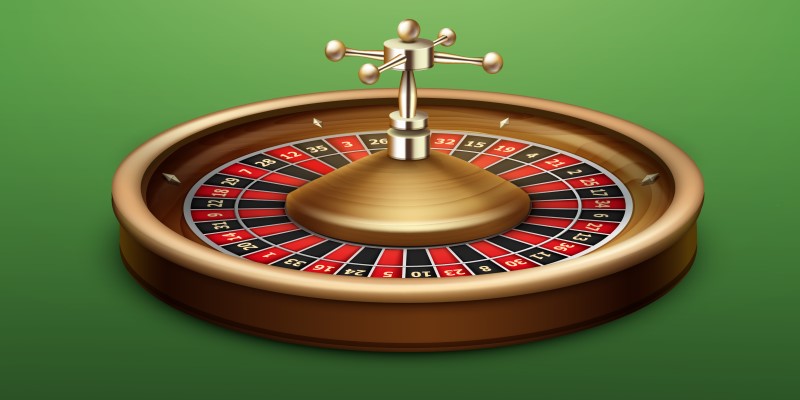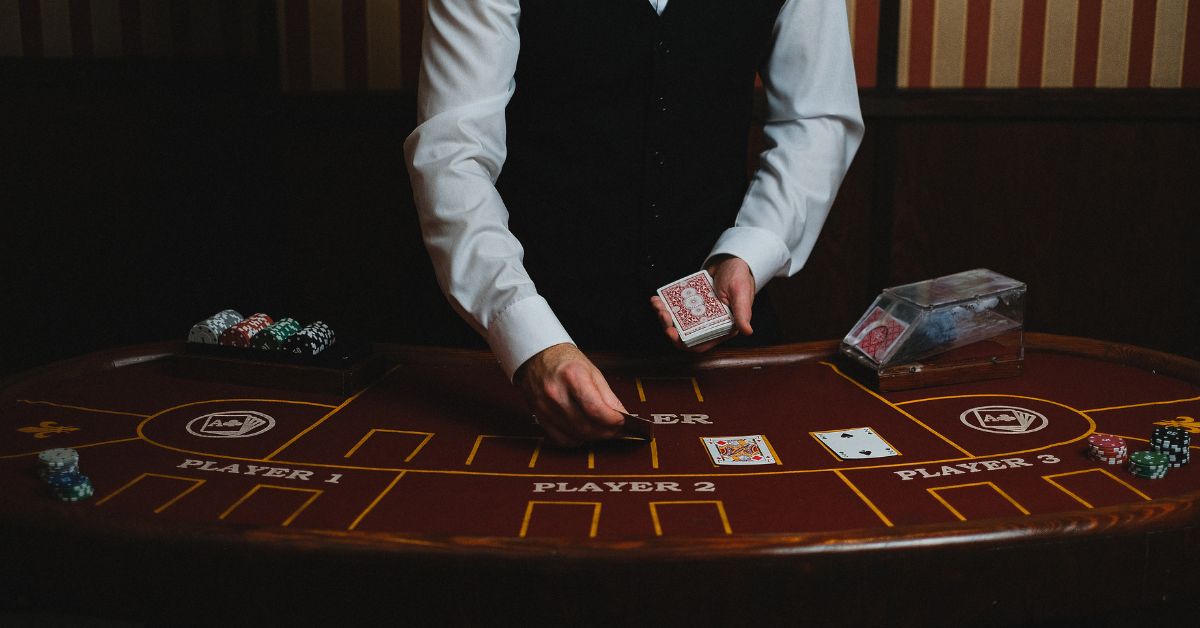What Are Roulette Systems? The Best Strategies to Win at Roulette
Curious about roulette systems and how they can potentially enhance your game? If you're intrigued by the strategies and tactics used in roulette, understanding various roulette systems is essential.
In this article, we explore the world of roulette systems, delving into their purpose, different types, and how they can impact your gameplay. Continue reading to enhance your understanding of roulette systems and take your roulette experience to the next level.
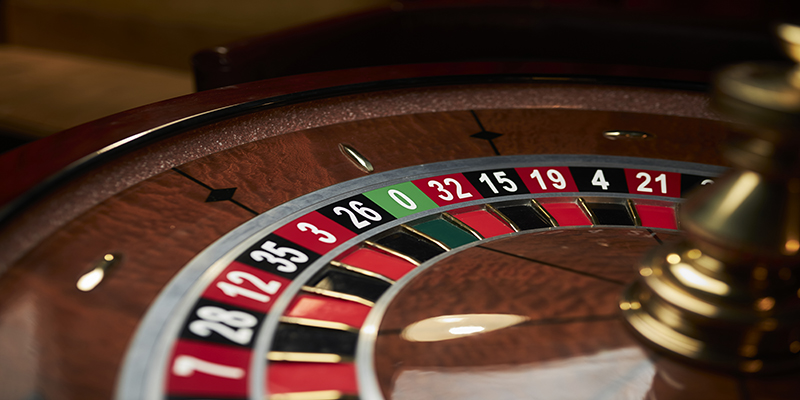
Choosing the Best Roulette Strategy System
The roulette strategy you use will be determined by your playing style. Some tactics are more aggressive and will need you to risk a larger portion of your bankroll. Others are deemed slightly safer, requiring more prudent betting for lower winnings. Before you begin playing, it is critical that you grasp the laws of roulette and recognize that the casino will always have an advantage regardless of the method you choose.
Martingale System
The Martingale technique is the most well-known and often utilized strategy in online Roulette. The strategy's principle is simple: after each loss, you raise your bets such that when you win, you earn your money back. Following then, you begin betting with the starting sum once more.
The Martingale technique works best when used on even-money outside bets such as 1-18, 19-36, Red, Black, Even, and Odd. Outside bets in Roulette have a nearly 50% chance of winning, but the payoff is the lowest of all - 1:1. This implies you'll win the same amount you bet on the spin.
The Martingale system appears to be pretty rational and straightforward to implement. However, many experienced players dislike it. The Martingale is a high-risk strategy in which you gamble much to win tiny. And there is a significant chance of losing a large sum of money while employing this approach.
Labouchere System
Another entertaining roulette method to consider is Labouchere. It effectively advises you to divide the money you want to win into many wagers. Again, you are unlikely to run out of betting options since you have achieved the barrier.
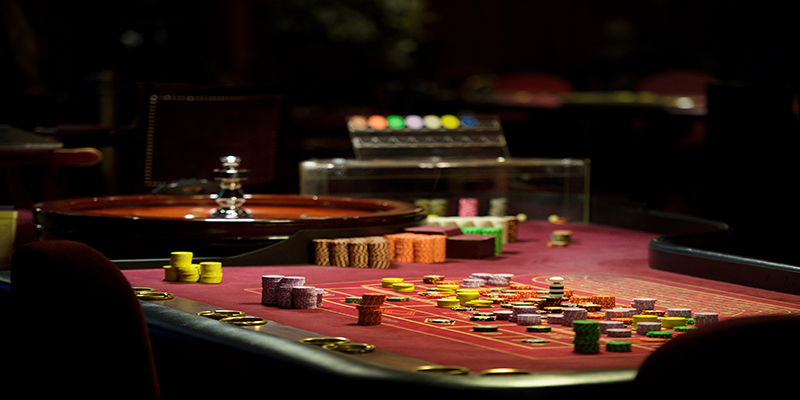
Following a lost wager, the Labouchère method raises a player's stake. The player decides how much they want to win and divides it into a succession of smaller figures that build up to that total.
To determine the initial bet, the player adds the numbers at the far left and far right of the sequence. If the bet is successful, the numbers are crossed out, and the following bet utilizes the next two numbers on the far left and far right. If the bet is lost, the bet amount is added to the sequence's far right side.
This is how it works: Assume you want to be $10. All you have to do is divide this sum into many separate bet amounts. Here's an illustration: 1-2-1-1-2-1-2.
To begin, you wager the leftmost and rightmost numbers, in this example $3. If you lose, you add the number on the right side of the sequence, creating the following: 1-2-1-1-2-1-2-3.
If you win, you will simply cross off the numbers on the left and right that you used to wager with, as seen below: 2-1-1-2-1.
It is totally up to you how you organize the original sequence, giving you a lot of flexibility and control over what occurs next.
Reverse Labouchere System
Following a winning wager, the stakes are raised in the reverse Labouchère system. It operates similarly to the original Labouchère system in that each bet is calculated by adding the first and last digits of a sequence. The first and last digits are erased after a defeat. After a victory, the most recent stake is added to the sequence. The ultimate aim is to delete all of the numbers in the sequence and complete the cycle.
If you're searching for a fresh approach, this is a more cautious alternative than classic Labouchere.
Andrucci System
The Andrucci approach is based on the premise that the wheel should cover each number over time. The method begins by writing down the numbers that appear in a 30-35 spins cycle. Then, choose a number that you believe the ball will land on and stick to it for the following 15-25 spins, or until you win. The Andrucci system is based on physics concepts and is influenced by Chaos Theory.
For example, let's say you notice the number 18 appearing most times after carefully looking at 35 spins from the witness position. Next, your task is to continuously bet on the number 18 between 15 and 25 spins and evaluate the result. Or, you simply keep putting your faith in this number until you win big, or there are no chips left to play.
D’Alembert System
The D'Alembert method, like the Martingale system, is based on bets put on even-money sections of the table. However, instead of doubling the stake after a losing wager, one unit is added to the player's stake. On the contrary, the stake is reduced by one unit after a game’s win.
For example, assume you deposit a £1 base unit investment. If the wager fails, the following bet is £2. If that bet fails, the following stake is reduced to £3, and so on. If you win the £3 bet, your next wager will be reduced to £2.
One of the most significant benefits of this approach is that it maintains track of your streaks, at least in the near term. You're not doubling your bet after each loss, as in the Martingale method, and things balance out if you win as many spins as you lose.
Read more: What Is Shot Roulette?
Contra D’Alembert System
Contra D'Alembert works in the opposite direction of the standard D'Alembert system. The technique only allows for 'even chance' or 1:1 wagers. Each victory adds one coin to the total wager for the following spin. One cent is deducted for each loss. The experts believe that the Contra D'Alembert is regarded as an effective advancement approach for new players.
Fibonacci Roulette System
Have you heard of the Fibonacci series? It is a numerical sequence in which each number is the sum of the two preceding numbers. This approach is based on the first 10 numbers in this sequence, which are 1, 1, 2, 3, 5, 8, 13, 21, 34, and 55. The approach is only applicable to binary sums such as odd and even, red and black, and so on.
You cannot alter your wager depending on a victory or a loss. All you have to do is bet one unit on the first bet, one more on the second bet, two units on the third bet, and so on, following the Fibonacci sequence.
Paroli System
The Paroli roulette approach is the inverse of the Martingale technique. This approach is relevant to side bets in both online and conventional roulette games. To understand how it works, pretend we are always betting on Black.
We place our normal wager and wait for the ball to come to a halt. If the forecast is right, you must double your wager on the opposing prediction, in this case, Red. If it is incorrect, you must continue with the first bet and always use one unit as your betting value. That is why this strategy differs from prior roulette tactics.
3 2 System
The 3 2 method consists of two independent bets: an outside bet and a column bet. The goal here is to cover various parts in order to spread out the danger of losing. It makes no difference whether players place outside or column bet as long as both are gambled on.
With odds of 3 for red/black color and 2 for column bet, your total bet would be 5. So, for example, the players place $30 on red and $20 on the second column. In this case, the players bet a total of $50.
1 3 2 6 System
The 1 3 2 6 method works by increasing a player's stake with each win. For example, the first wager may be one unit, then three units following a victory, and so on. Following a defeat, participants return to the beginning and stake one unit again. If players finish the sequence, they just restart from the beginning.
Does Any Roulette Strategy System Work in the Long-Term?
There is one critical point that every gambler should remember. Casinos are not naive. They will not just enable you to play a game for real money that can be easily and honestly beaten. Sure, you can get some excellent spins on the roulette wheel, but the house always wins, even if you utilize the finest roulette technique.
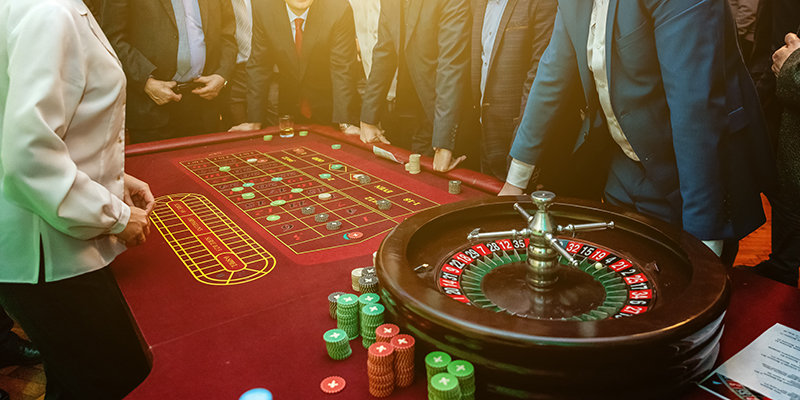
A few roulette strategies could assist you to boost your chances of winning. However, no betting method is guaranteed to work 100 percent of the time. The element of chance is substantially stronger in roulette than in any other casino game.
Whether you play on the finest roulette app or at a real casino, no one can predict the outcome once the roulette wheel starts spinning. However, like with other casino games, placing a larger stake increases your chances of winning a large sum of money.
To wrap up, there is no sure-fire way for winning in roulette. There is no statistical study or smart probability calculation that can predict the future number. However, the aforementioned betting tactics might help you enhance your winning potential, rather than depending entirely on luck.
What Are Roulette Strategy Fallacies You Should Know?
One thing is for sure, not every player is a roulette expert, or at least, has enough in-depth knowledge of the game to advise other players on strategies. Roulette has a history of over 300 years, and word-of-mouth strategies may not be as effective as you think. They are considered to be the common fallacy in this classic game.
The fact is, years of experience have taught manufacturers and casinos how to iron out manufacturing flaws and produce a roulette table that is fully fair and hence impossible to anticipate the possible outcome.
Thus, rather than seeking the ultimate answer in terms of roulette strategy, you should recognize the shortcomings of successful betting systems and play to their strengths. To make things easier for you, we've compiled a list of some of the most typical misconceptions related to roulette strategies.
Lucky Numbers Exist
When it comes to roulette, you may be convinced that some numbers are unquestionably superior to others. However, there is no evidence to back this up. If you spun the wheel 10,000 times, you should receive a completely asymmetrical outcome, with no one number strongly preferred over another.
You Have the Ability to Predict the Next Ball's Outcome
There are several anecdotal reports of scientists attempting to evaluate the speed of the wheel in order to predict where the ball will fall. However, it is certainly impossible for you to carry the necessary technology to cheat in a genuine casino, let alone how you would create that technology.
The Games Are Manipulated
No, the games are not and cannot be rigged. The impartiality of the outcomes should never be a concern if you stay with reputed casino brands and venues. To add safety to the entire offering, all games are audited by independent third parties.
There Are Winning Combinations
In principle, certain bet combinations are more likely to occur than others. Outside bets are often the greatest ones to put. If you try to execute inside bets, you should be aware that you will be taking on a disproportionate level of risk in relation to any prospective gains.
All Roulettes Are the Same
While the roulette wheel is consistent between game variants, the house edge is not. While all games will settle for the same wheel, more or less, there may be an additional zero (0) that increases the house edge significantly. Players should stick to European or French Roulette since they have the lowest house edge.
Conclusion
Roulette is a game with a long history and it is completely independent of skill. However, it is not impossible to increase the winning rate in the long run. The strategies that we share in the article can help you improve your profits when playing roulette. Even so, they are just theories from experts, and you still need Lady Luck if you want to win big from this classic casino game.









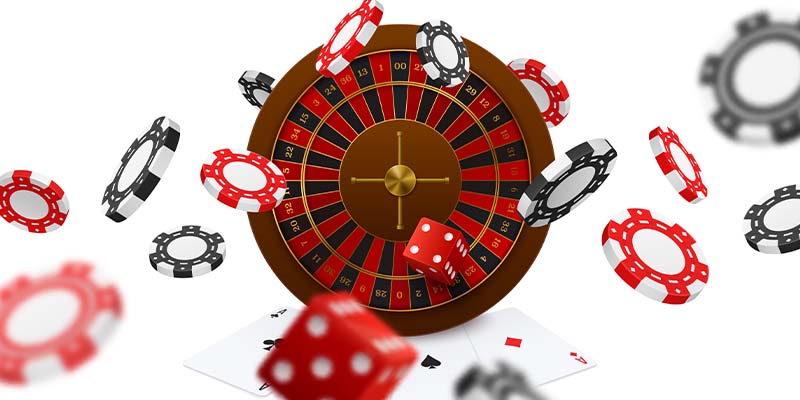
.jpg)
